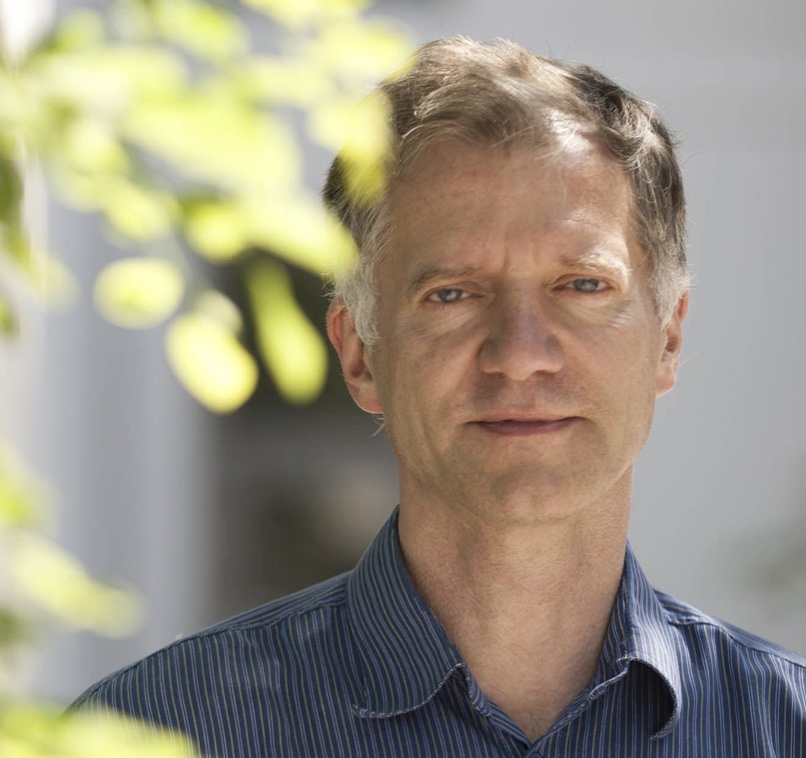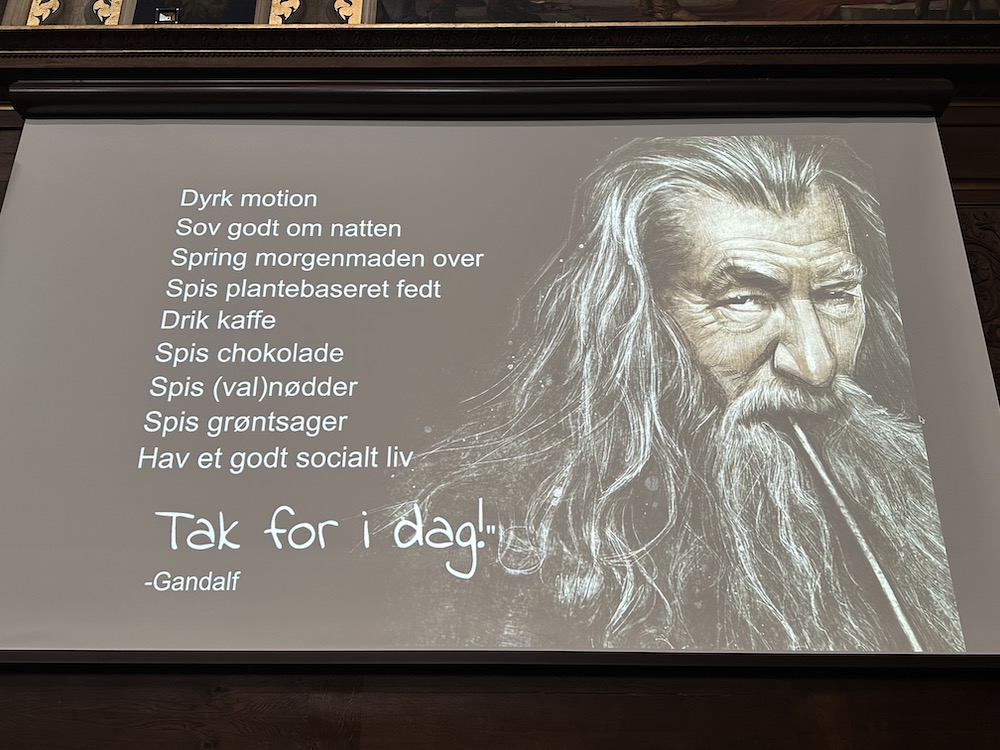
Generative AI is A Gift To Science
“I want all my students to use generative AI because that is where the future is – both in Science and elsewhere.”
Those are the words of the Professor of Proteomics, Matthias Mann, who’s also Director at Max Planck Institute for Biochemistry in Munich and Director at Novo Nordisk Foundation Center for Protein Research in Copenhagen.
He was a keynote speaker at the NNF Challenge Symposium on Big Data in Biomedicine beginning of September 2023 and he touched upon the prospects of generative AI. He especially likes ChatGPT.
“People tend to focus on the negative sides. But these AIs will be better than us in so many ways. I’m not saying it should be used for patient-related decisions though they can pass medical exams. But they sit on such a huge amount of knowledge that we should not ignore it.”
He does underline that there are privacy issues (don’t upload sensitive personal data to it such as your health journal). Also that it can mix up thing and hallucinate. “It is also bad at math, but so are humans.” he says. “And that is just for now. What is important is what we can expect is coming.“
In a concrete science project on proteins, normally you’d go and use a search engine to look up which proteins are regulated. That is over now. Instead, you upload your data that you got from your analysis program to the generative AI and ask for a short summary of information on the most regulated proteins, he explains and underlines that this is the trivial part of using generative AI.
Where it really shines, he says, is when you start prompting GPT on the role it should play, the background of your project and give it the results of your project. “You really can use it for great idea generation to explore the implications of your data in a wide context. We have even used it to suggest cool names for technologies that we have developed.” he says.
According to Dr. Mann, the scientifically most interesting part GPT is that is has incredible breath.
“GPT and other large language models have read the literature on everything from baby diseases to terminal cancer; much more than a single human could do. As a result I can use it as my assistant because I can’t be everywhere. In the future, it will be able to see connections, which we as humans cannot see. It could even be less biased than humans and ChatGPT does not have restrictions on these matters.”
Matthias Mann, of course, also sees all the dangers of generative AI.
“I am also afraid like everybody else. But I am not afraid of GPT per se, but that Trump or Putin or other bad actors have access to it. And I do wish that ChatGPT had remained not for profit.”
But having said that, he believes that in the field of medicine, most of what people have learned just by heart has become less valuable.
“Anybody can now ask the same question, and use GPT as a ‘Google doctor’ times 10. A colleague of mine at Standford fed all the data on a patient and all the literature and pitted it against human doctors. The machine was always better.”
For students, Matthias Mann suggests to get familiar with large language models as much as possible. The new generation will be able to do incredible things with these powerful tools, and it doesn’t take much to get started, he says.


Considering its vast knowledge base, what are some potential novel applications for ChatGPT in scientific research and beyond?
Tel U